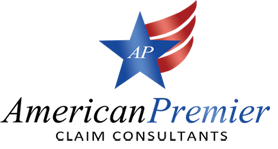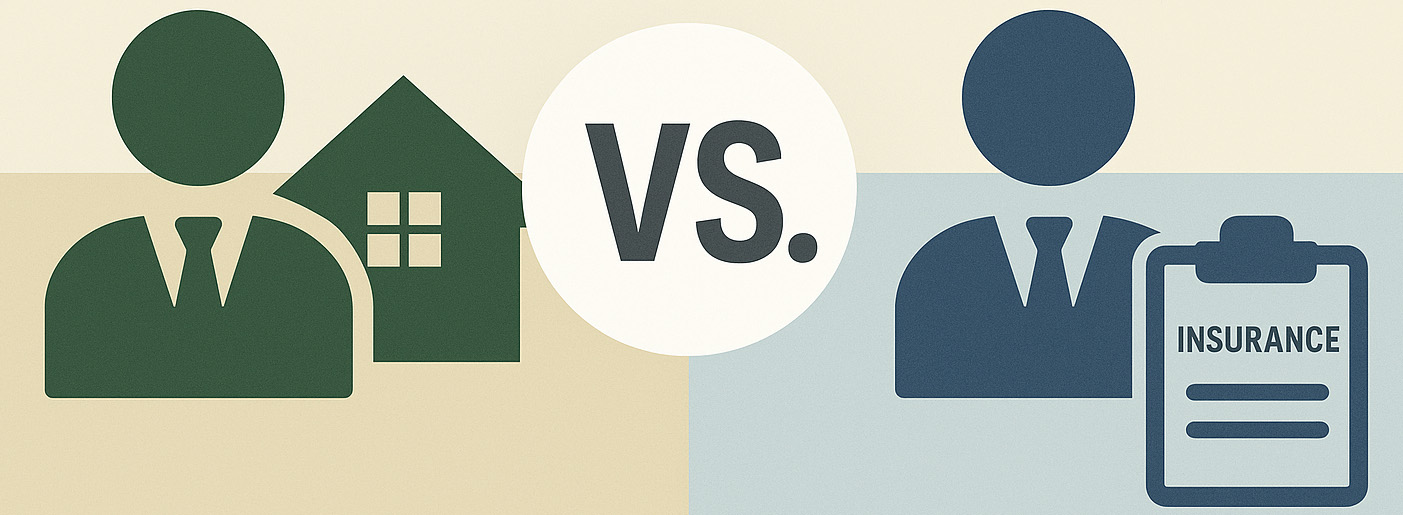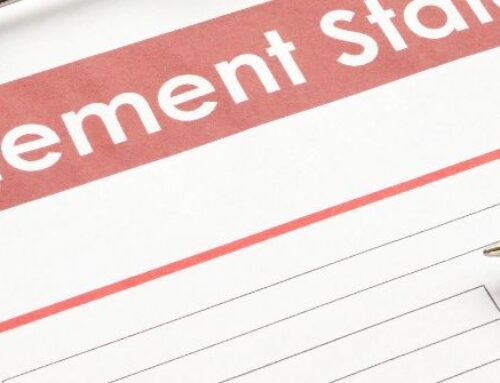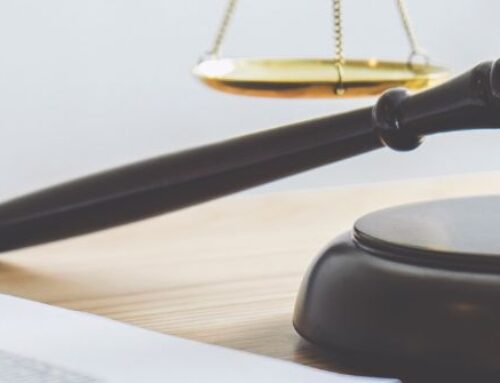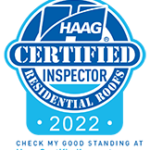When disaster strikes your Florida home, understanding the difference between a public adjuster vs. insurance company adjuster can mean the difference between a fair settlement and leaving thousands of dollars on the table. While both professionals assess property damage, they work for entirely different parties—and that distinction could dramatically impact your insurance claim outcome.
Recent data shows that homeowners who hire public adjusters receive settlements that are, on average, 747% higher than those who work exclusively with insurance company adjusters. For Florida homeowners facing complex claims from hurricanes, floods, or other disasters, this knowledge isn’t just helpful—it’s financially critical.
Understanding the Two Types of Insurance Adjusters in Florida
Insurance company adjusters and public adjusters serve opposite sides of the claims process. An insurance company adjuster works for your insurance carrier, while a public adjuster represents you, the policyholder.
What Is an Insurance Company Adjuster?
Insurance company adjusters are employees or contractors hired by insurance carriers to investigate, evaluate, and settle claims on behalf of the insurance company. Their primary goal is to protect the insurance company’s financial interests while staying within legal boundaries.
These adjusters receive training focused on minimizing claim payouts and identifying reasons to reduce settlements. They’re typically handling dozens of claims simultaneously, which limits the time they can dedicate to thoroughly investigating your specific property damage.
What Is a Public Adjuster in Florida?
Public adjusters are licensed professionals who advocate exclusively for policyholders during the insurance claims process. In Florida, public adjusters must obtain a PA license and complete continuing education requirements to maintain their credentials.
Unlike insurance company adjusters, public adjusters work on a contingency basis—they only get paid when you receive a settlement. This “no recovery, no fee” structure aligns their financial interests with maximizing your claim payout.
The Fundamental Difference in Representation
The core distinction lies in loyalty and financial incentives. Insurance company adjusters have a duty to their employer (the insurance company) to minimize payouts, while public adjusters have a fiduciary duty to maximize your settlement within policy limits.
This difference in representation becomes crucial during negotiations, damage assessments, and policy interpretation disputes.
How Insurance Company Adjusters Handle Florida Claims
Insurance company adjusters typically prioritize speed and cost containment over thorough damage assessment. They often conduct rushed inspections and may overlook hidden damage that could significantly impact your settlement.
The Insurance Company’s Claims Process
Insurance adjusters follow standardized procedures designed to process claims quickly and efficiently. They typically spend 30-60 minutes inspecting properties, take basic photos, and use software programs that often undervalue damage costs.
Their settlement calculations frequently rely on depreciated values, generic repair estimates, and minimal consideration for hidden damage like moisture intrusion or structural issues common in Florida’s climate.
Why Insurance Adjusters May Undervalue Your Claim
Insurance companies profit by collecting premiums and minimizing claim payouts. Company adjusters face internal pressure to meet settlement targets and maintain low claim ratios. This creates inherent conflicts of interest when assessing your property damage.
Common tactics include using outdated pricing databases, minimizing storm damage attribution, and settling claims quickly before homeowners fully understand the extent of their losses.
Red Flags: When Your Insurance Adjuster Isn’t Working in Your Favor
Watch for these warning signs: rushed inspections lasting less than an hour, immediate lowball settlement offers, reluctance to return for follow-up inspections, dismissal of obvious damage, or pressure to settle quickly “before the offer expires.”
If your adjuster seems more interested in closing your file than thoroughly documenting damage, you may need independent representation.


How Public Adjusters Advocate for Florida Homeowners
Public adjusters conduct comprehensive damage assessments and leverage industry expertise to maximize settlements. They typically spend several hours thoroughly documenting all damage and often identify issues that insurance company adjusters miss.
Comprehensive Property Damage Assessment
Licensed public adjusters use advanced tools like moisture meters, thermal imaging cameras, and structural assessment techniques to uncover hidden damage. They document everything with detailed photographs, measurements, and written reports that insurance companies cannot easily dispute.
This thorough approach often reveals damage that insurance adjusters miss, including moisture intrusion, mold potential, and structural issues that could cost thousands if left unaddressed.
Maximizing Your Insurance Settlement
Public adjusters understand policy language, coverage limits, and Florida insurance regulations. They know how to present claims in ways that maximize settlements while staying within policy guidelines.
Their industry connections with contractors and specialists help establish accurate repair costs that reflect current market prices rather than outdated insurance company databases.
Managing the Entire Claims Process
Beyond damage assessment, public adjusters handle all communication with insurance companies, manage deadlines, organize documentation, and negotiate settlements. This removes the burden from homeowners who may lack experience navigating complex insurance procedures.
Florida-Specific Insurance Challenges That Require Expert Help
Florida’s unique climate and insurance market create complex challenges that require specialized knowledge. Hurricane damage, assignment of benefits issues, and recent legislative changes make professional representation increasingly valuable.
Hurricane and Storm Damage Claims
Florida’s hurricane season creates complex claims involving wind damage, water intrusion, and structural issues. Determining whether damage resulted from covered wind events versus excluded flood damage requires expertise that most homeowners lack.
Public adjusters understand these distinctions and can present evidence that supports coverage for storm-related damage.
Florida Insurance Market Challenges
Recent changes in Florida insurance laws, carrier insolvencies, and litigation restrictions have made the claims process more complex. Public adjusters stay current with these changes and understand how they impact claim handling and settlement negotiations.
Common Claim Denial Reasons in Florida
Insurance companies frequently deny claims citing maintenance issues, pre-existing damage, or policy exclusions. Public adjusters can challenge these denials with proper documentation and expert testimony when warranted.
When Should Florida Homeowners Hire a Public Adjuster?
Homeowners should consider hiring public adjusters for claims exceeding $25,000, complex damage scenarios, or when insurance companies deny or undervalue obvious damage. The potential settlement increase typically far exceeds the adjuster’s fee.
Ideal Scenarios for Public Adjuster Representation
Large claims, multiple damage types (like hurricane damage involving wind, water, and structural issues), commercial properties, and situations where homeowners lack time or expertise benefit most from public adjuster representation.
Previous negative experiences with insurance companies or claims that have been denied or significantly delayed also warrant professional advocacy.
Warning Signs You Need Professional Help
If your insurance adjuster conducted a superficial inspection, offered an immediate settlement that seems low, or denied obvious damage, consider hiring a public adjuster for a second opinion.
Feeling overwhelmed by paperwork, deadlines, or insurance company communications also indicates you could benefit from professional representation.
The Cost-Benefit Analysis
Public adjusters typically charge 10-20% of the settlement amount, but studies show they often secure settlements that are several times higher than initial insurance company offers. The return on investment frequently exceeds 300-500%.
Follow us on our Instagram and Facebook pages for additional useful information and updates.
What to Expect When Working with a Public Adjuster in Florida
Working with a public adjuster begins with a free consultation and property assessment. The process typically takes 30-90 days, depending on claim complexity and insurance company cooperation.
Initial Consultation and Property Assessment
Reputable public adjusters offer free initial consultations to evaluate your claim’s potential. They’ll inspect your property, review your insurance policy, and explain how they can help maximize your settlement.
The Claims Advocacy Process
Public adjusters handle all aspects of your claim, from initial filing to final settlement negotiations. They provide regular updates and explain complex insurance procedures in understandable terms.
Credentials to Look for in Florida Public Adjusters
Verify PA licensing through the Florida Department of Financial Services, look for industry certifications like HAAG engineering credentials, and check references from recent clients with similar claims.
Experience with your specific type of damage and strong local reputation indicate quality representation.
Real Florida Case Studies: Public Adjuster vs. Insurance Adjuster Outcomes
A Newberry homeowner initially received a $15,000 settlement offer from their insurance company for hurricane damage. After hiring a public adjuster, a comprehensive assessment revealed additional structural damage and moisture intrusion. The final settlement reached $87,000—nearly six times the original offer.
Another case involved fire damage where the insurance company offered $45,000. Public adjuster intervention uncovered smoke damage throughout the home and additional living expenses coverage. The final settlement totaled $156,000.
Making the Right Choice for Your Florida Insurance Claim
Consider your claim’s complexity, value, and your available time when deciding between accepting the insurance company’s assessment or hiring independent representation. For significant claims or complex damage scenarios, public adjusters typically provide substantial value.
Factors include claim size (generally $25,000+ warrant consideration), damage complexity, insurance company cooperation, and your comfort level with negotiating.
Key Takeaways
- Insurance company adjusters work for insurance companies; public adjusters work exclusively for policyholders
- Public adjusters typically secure settlements 3-7 times higher than initial insurance offers
- Florida’s complex insurance market and weather-related claims benefit from professional expertise
- The “no recovery, no fee” structure aligns public adjuster interests with maximizing your settlement
- Comprehensive damage assessment often reveals issues insurance adjusters miss
- Public adjusters handle all claim communications and negotiations, reducing homeowner stress
- Professional representation becomes more valuable as claim complexity and value increase
Conclusion
Understanding the crucial difference between a public adjuster vs. insurance company adjuster empowers Florida homeowners to make informed decisions about their insurance claims. While insurance company adjusters serve their employer’s interests, public adjusters advocate exclusively for you, often securing significantly higher settlements through comprehensive damage assessment and expert negotiation.
Don’t let your insurance company’s adjuster determine your claim’s value alone. Contact American Premier Claim Consultants at 1-844-313-3155 for a free consultation with licensed public adjuster Cesar Marin (PA License #E149537). With over 30 years of experience serving Florida homeowners, we work on a no recovery, no fee basis to maximize your insurance settlement.
Serving all of Florida with professional insurance claim advocacy you can trust.
